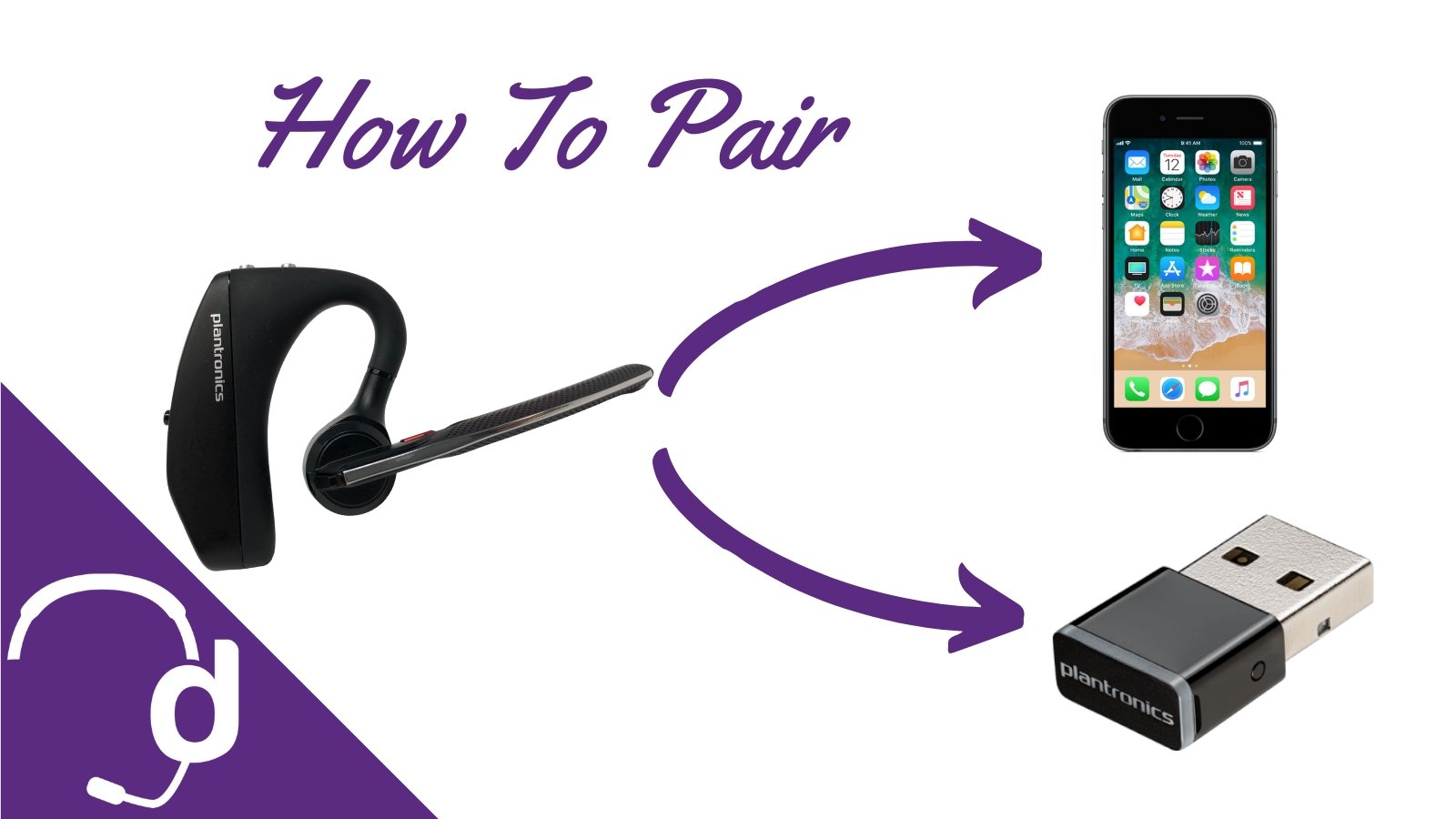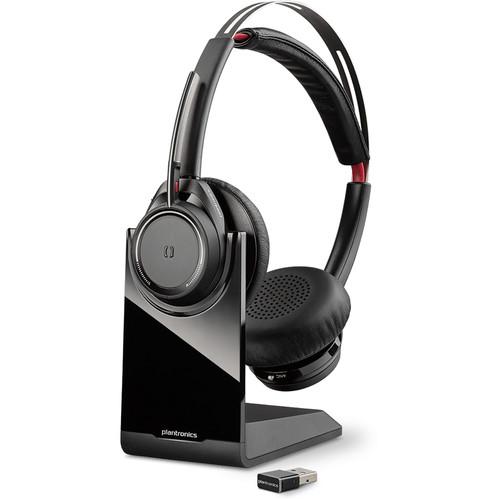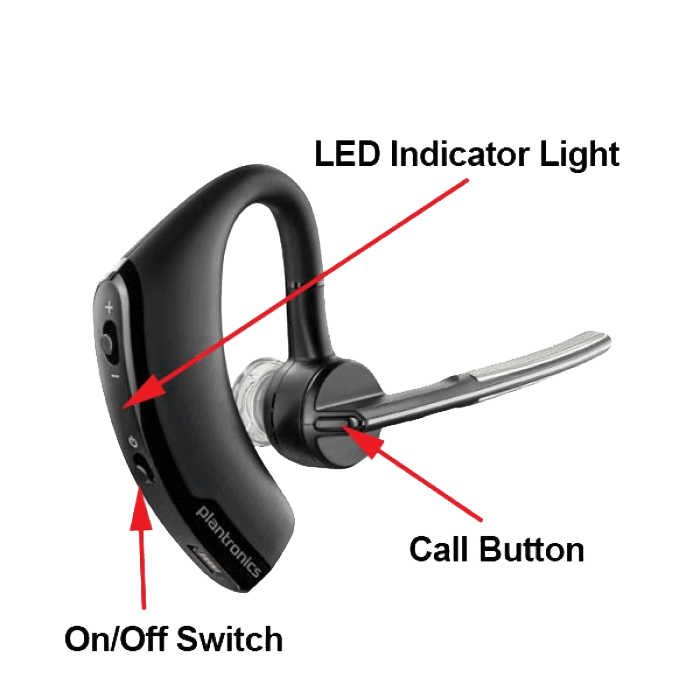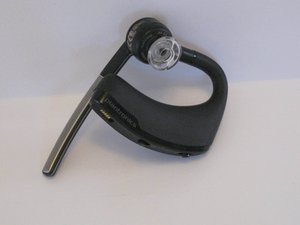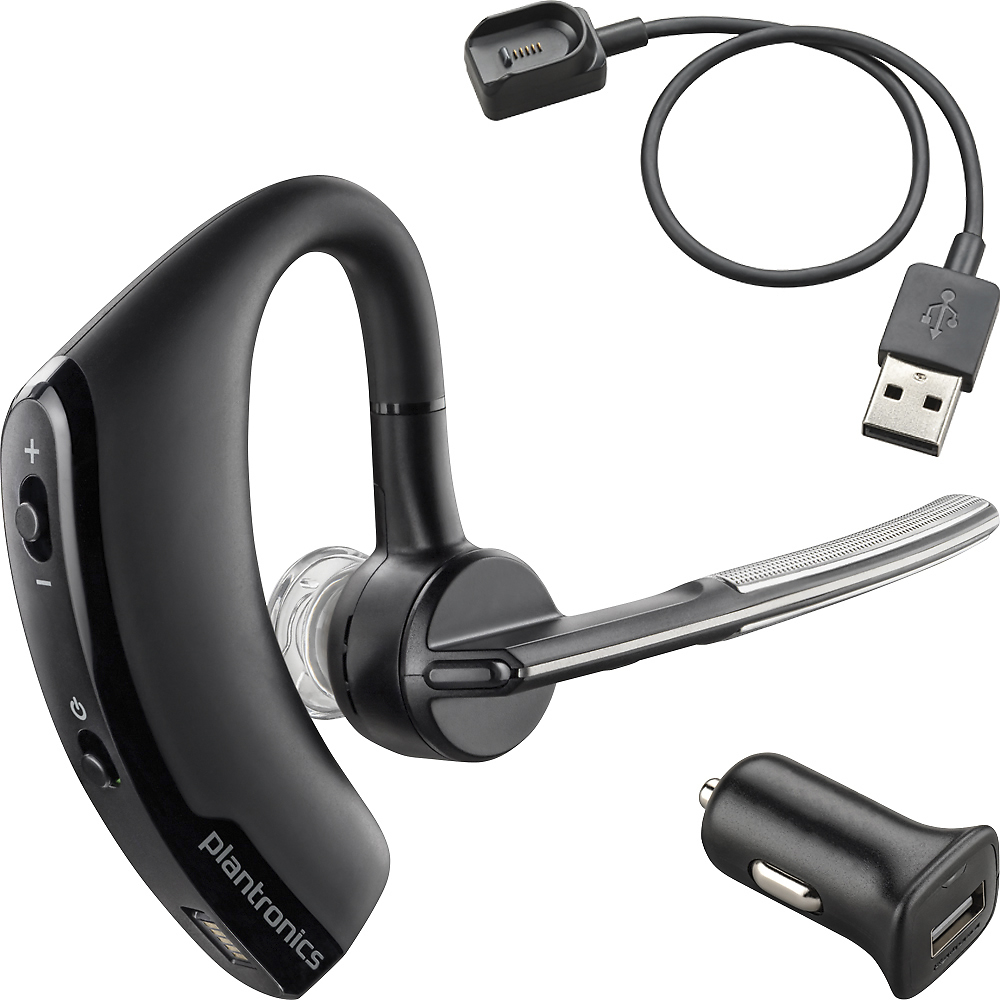
Plantronics Voyager Legend UC Headset Charging Case + Micro-USB B235 OEM Charger 172291392994 | eBay
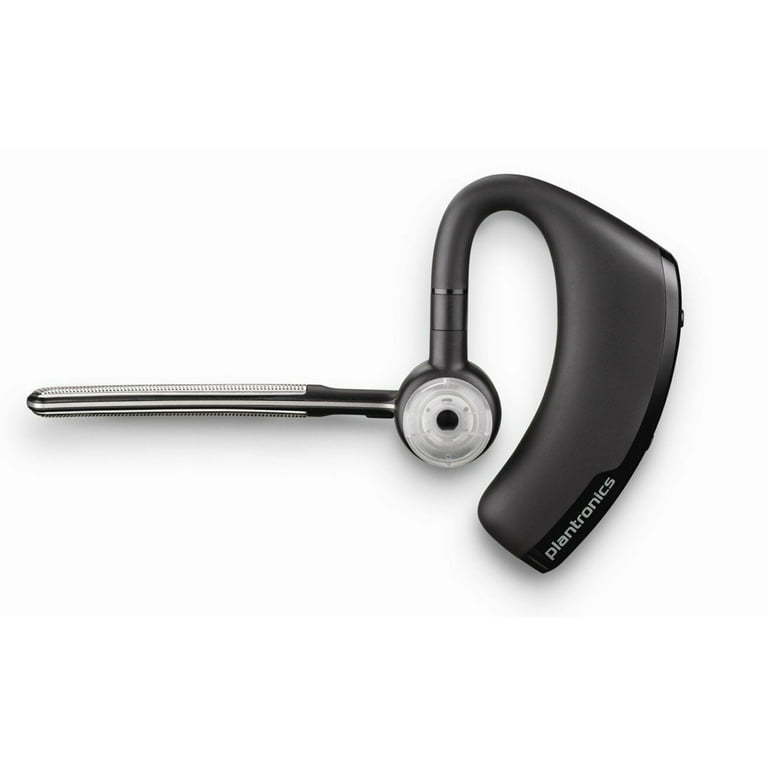
Plantronics Voyager Legend UC B235 USB PC Bluetooth Headset - Black 87670-01 with Plantronics BT300 Bluetooth USB Dongle Adapter - Used - Fully Functional - Walmart.com

Poly Voyager Legend Bluetooth Headset - Charging Cable Included - Bluetooth 3.0, Sensitive Microphone, For iPhone and Android, Lightweight (18 Grams), 7 Hours Talk Time, 7 Days Standby Time - Colour: Grey/Silver 87300-05 - Hunt Office Ireland

Amazon.com: Plantronics Voyager Legend CS Bluetooth Headset for Mobile Phones - Retail Packaging : Cell Phones & Accessories
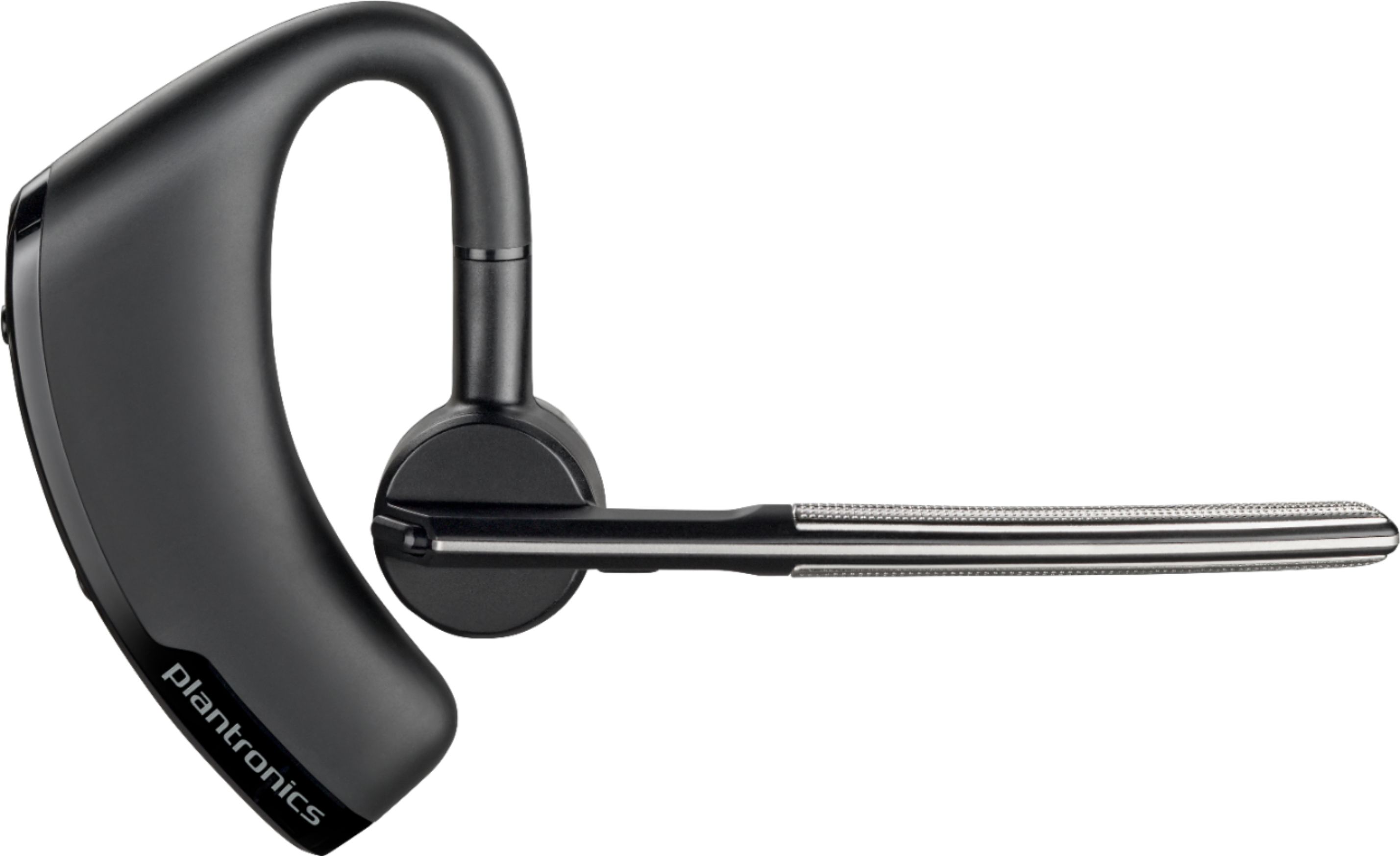
Poly formerly Plantronics Voyager Legend Wireless Noise Cancelling Bluetooth Headset Silver/Black 87300-64 - Best Buy

Amazon.com: Power Charging Case Compatible with Plantronics Voyager Legend Headset, 2 in 1 Portable Charge Case with LED Indicator Compatible with Voyager Legend Headset : Electronics





